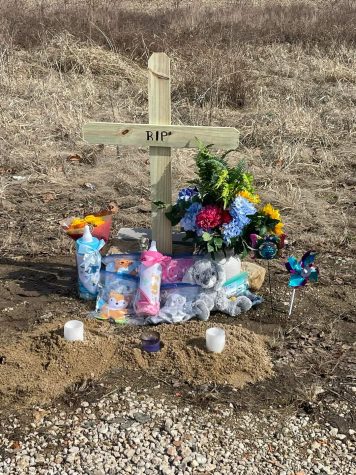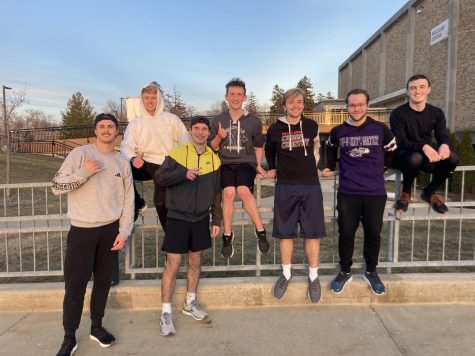Increased funding to K-12 schools needed
November 9, 2016
With the election just around the corner, you may or may not be aware of a $23,500,000 facilities referendum on the city of Whitewater’s ballot. Many school districts in Wisconsin are in the same situation where funds are needed just to maintain safety and promote learning. This is true from small towns like Whitewater all the way up through our own capital city, Madison. I would hope that future election cycles would not have the same number of referendums related directly to our educational system. This type of funding should be allocated at the state level in the biennial budget.
The current referendum here in Whitewater is being proposed for a number of reasons: aging facilities, fiscal responsibility (paying off previous loans) and modern learning. Overall, this referendum is not going to impact residents too harshly. It will only result in a total tax increase of $18 annually per $100,000 of property value (1).
The actual projects that have been proposed will address: district-wide safety and security improvements, ADA compliance updates, maintenance and infrastructure upgrades and renovation or instructional spaces (2). These projects are covering several needs across the district at all three elementary schools, the middle school and the high school.
While one could potentially argue the need for individual upgrades or improvements, it is obvious that a need for additional funding for K-12 systems statewide exists. As time goes on and technology continues to advance in our schools, we will need more resources in order to stay up to date. If we do not address this now, our children will suffer in the short term, and our society in the long run.
Right now, local municipalities can take advantage of referendums to secure the required funds to maintain their schools. The time will come when it is harder to convince the voting public of this need. For this reason and many more, we need to revisit funding for our schools at the state level as part of the biennial budget.
It is true, many needs at the state level are apparent and many tough choices need to be made. The future of our children is not one that can be taken lightly. I hope the next time the state makes budget, our children and their educational needs will be viewed as a much higher priority. I would urge any and all citizens to contact their local and state representatives and express their concerns as it relates to this. If our children cannot count on us, who can they count on?






















